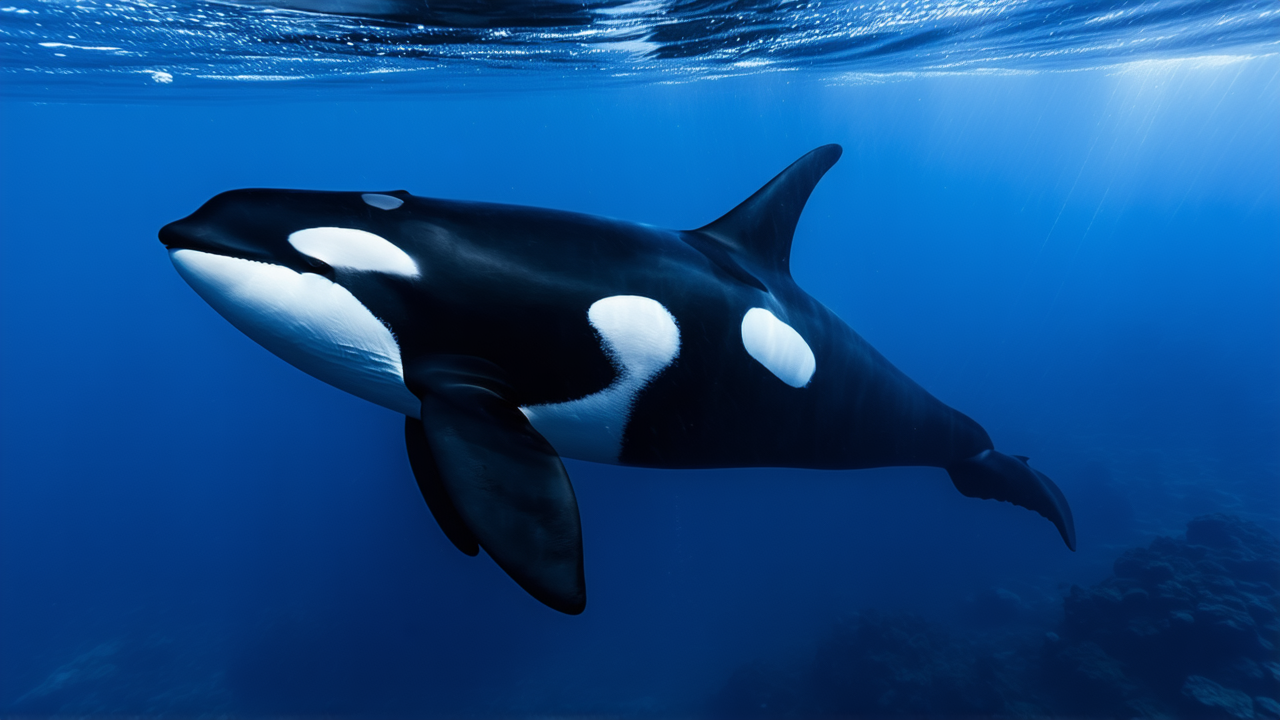Northland Orca Expert Urges Rejection of Waipiro Bay Marina Fast-Tracking
Northland Orca Expert Urges Rejection of Waipiro Bay Marina Fast-Tracking
By Susan Botting · July 16, 2025
A leading orca expert has raised serious concerns about the proposed $100 million-plus marina in the Bay of Islands, warning it could push the region’s orca population toward extinction. Dr. Ingrid Visser, a renowned orca researcher based in Northland, has called on Infrastructure Minister Chris Bishop to reject the fast-tracking of the Waipiro Bay marina application, describing the development as a potential “tipping point” for the survival of the orcas.
Environmental Concerns and the Orca Population
The proposed marina, which would span the equivalent of 17 rugby fields, has drawn widespread attention due to its scale and potential environmental impact. The project, backed by multi-millionaire businessman Craig Heatley and marina developer Leigh Hopper, involves dredging up to 3 meters deep and the removal of approximately 21,000 twenty-tonne truckloads of seabed. This material will be used to create a mudcrete mix to reclaim land for carparks and shops.
Dr. Visser, founder of the Orca Research Trust, emphasized that the orca population in New Zealand is already under threat, with fewer than 200 individuals in the country, classified as “nationally critical” by the government. She warned that the marina would permanently destroy a vital habitat for these orcas, which travel up to 150 kilometers daily along the coastline. “They live as long as humans do. Think about how much coastal development we’ve seen in our lifetimes, and you’ll understand what orcas are facing,” she said.
Fast-Tracking and Environmental Safeguards
The developers are seeking fast-track consenting through an expert panel, a process that would bypass the standard Resource Management Act (RMA) process. This has raised concerns among local leaders and environmentalists, who argue that the RMA allows for community input and ensures a thorough evaluation of the project’s long-term impact on the environment.
Far North Mayor Moko Tepania has echoed Dr. Visser’s concerns, stating that the RMA is essential for ensuring that community voices are heard. He emphasized that the marina cannot be viewed in isolation, as it is part of a broader pattern of coastal development across New Zealand. “There’s a cumulative impact that people often overlook,” he said.
Developer Response and Economic Benefits
Despite the concerns, the developers have defended the project, stating that the marina would enhance boating access and services for the eastern Bay of Islands while contributing to the local economy and community. A spokesperson for the developers said they are committed to responsible development and have a strong track record of delivering high-quality marine projects. They also pointed to the success of other developments, such as the Marsden Cove marina in Whangārei Harbour, where orca pods have been observed hunting stingrays.
Fast-Tracking and Environmental Checks
Infrastructure Minister Chris Bishop is currently considering whether to allow the developers to proceed with fast-tracked consenting. A spokesperson for Bishop stated that the decision would be based on feedback from a range of stakeholders, including local communities, the Minister for the Environment, and Māori groups. If the application is referred for further consideration, the developers will need to submit a more detailed application, which would be subject to Environmental Protection Authority checks.
Bishop’s spokesperson emphasized that fast-tracking would help cut through the “thicket of red and green tape” that has historically hindered economic growth while still protecting the environment. However, critics argue that this approach risks overlooking the long-term and irreversible environmental changes that could severely affect orcas and other marine life.
Conclusion
As the debate over the Waipiro Bay marina continues, the voices of environmental experts, local leaders, and the community are growing louder. Dr. Visser’s call to reject the fast-tracking of the project highlights the urgent need to balance economic development with environmental protection. The outcome of this decision could have far-reaching implications for the future of the orca population and the marine ecosystem of the Bay of Islands.
This article is part of a broader conversation about the future of coastal development in New Zealand and the importance of protecting marine habitats. As the government weighs its options, the voices of those who have dedicated their lives to studying and protecting these majestic creatures will play a crucial role in shaping the path forward.
